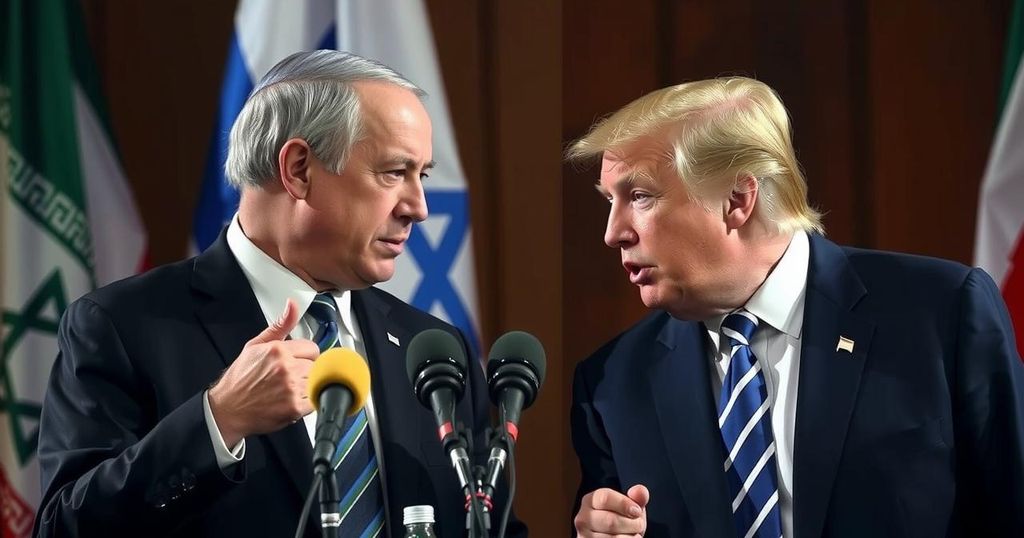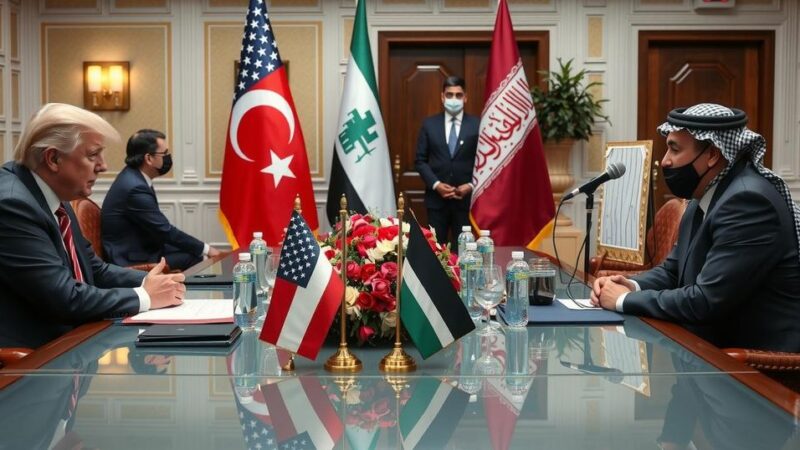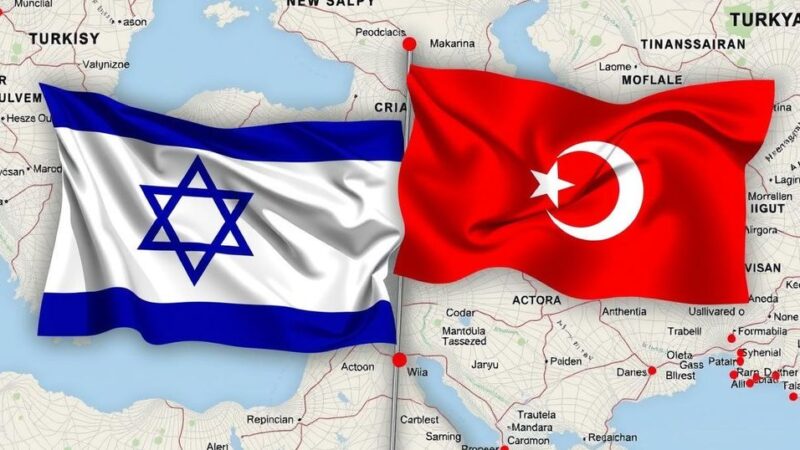Israeli Prime Minister Benjamin Netanyahu stated that he and President-elect Donald Trump share similar views on the Iranian threat, emphasizing the need to strengthen U.S.-Israel relations post-election. Ongoing military actions between Israel and Iranian proxies have heightened regional tensions, with significant casualties reported in recent strikes. The implications of this administration change on U.S. foreign policy in the Middle East are being closely monitored.
Israeli Prime Minister Benjamin Netanyahu has expressed strong alignment with President-elect Donald Trump regarding their views on Iran, stating that their perspectives align on the threats posed by the Iranian regime. Netanyahu disclosed that he has engaged in multiple discussions with Trump since the U.S. election, emphasizing the importance of fortifying the alliance between Israel and the United States. The Prime Minister remarked, “We see eye to eye on the Iranian threat in all its components, and the danger posed by it.” The ongoing hostilities between Israel and Iran have intensified in light of regional events, notably following recent attacks by Iranian proxies. In the past year, Iranian-backed groups such as Hamas and Hezbollah have targeted Israeli and Western interests, contributing to rising tensions throughout the region. Israeli military actions in Lebanon and Gaza have resulted in significant casualties, further exacerbating the situation. As the United States prepares for a shift in administration, foreign leaders are keenly observing how this transition will influence U.S.-Israeli relations, especially concerning military actions and strategies in the Middle East. Israel’s Defense Minister Israel Katz proclaimed that Israel has substantially weakened Hezbollah by targeting its leadership. Meanwhile, humanitarian concerns are growing in Gaza, where reports suggest that famine conditions are imminent due to ongoing conflict and food insecurity.
The article discusses the geopolitical dynamics between Israel and Iran, particularly in light of the recent U.S. elections and the incoming administration of Donald Trump. The relationships between Israel and its regional adversaries, as well as the role of Iranian proxies in ongoing conflicts, underscore the complexities of Middle Eastern politics. The commentary from Benjamin Netanyahu illustrates how leadership changes in the U.S. could reshape strategies and alliances in the region, especially concerning the threat from Iran and related military actions.
In conclusion, Benjamin Netanyahu’s remarks highlight a shared perspective on the Iranian threat between himself and Donald Trump, reinforcing the intention to solidify U.S.-Israeli relations. As military actions continue in the region, the implications of the U.S. election on these geopolitics are critical. The discourse surrounding the ongoing conflicts also raises urgent humanitarian issues, particularly in Gaza.
Original Source: news.sky.com







